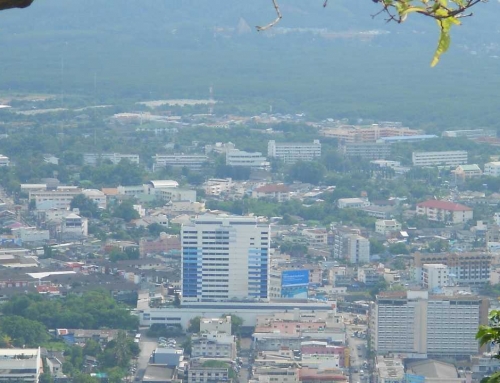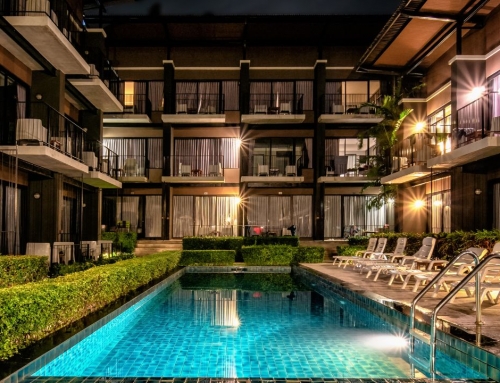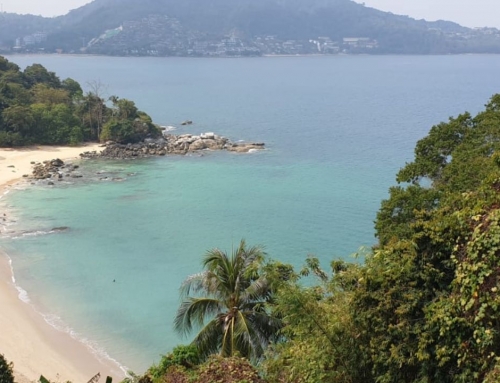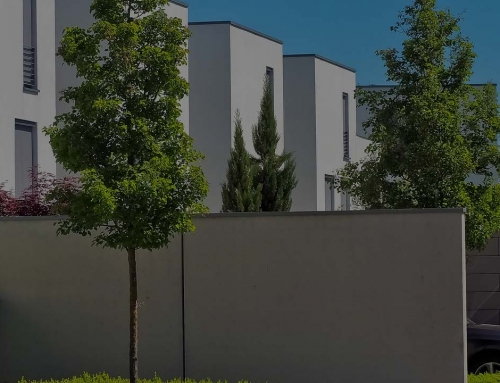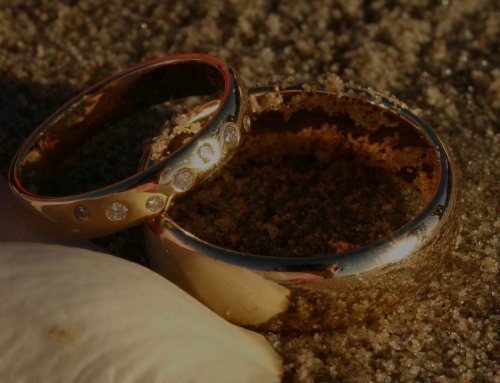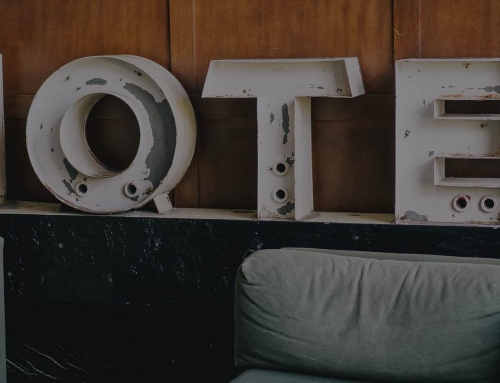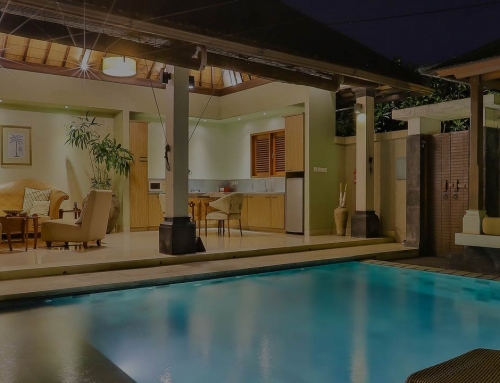By Phuket News Property · December 18, 2021
Leasehold arrangements are common in Thailand, particularly for foreign buyers who cannot own land directly in their own name. Most lease agreements follow a standard structure governed by the Thai Civil and Commercial Code, with a maximum lease term of 30 years. However, in certain cases, buyers encounter something known as a reciprocal contract, sometimes referred to as a special reciprocal agreement. These contracts are more complex and require careful legal review to understand what protections they may provide.
This article offers a neutral overview of how reciprocal contracts relate to Thai leasehold property and what buyers should consider before entering into one.
What is a standard Thai leasehold contract?
Under Thai law, a lease of immovable property must be in writing. If the lease term exceeds three years, it must also be registered at the Land Department to be fully enforceable. The maximum lease term allowed by law is 30 years.
A standard lease gives the tenant the right to occupy and use the property for the agreed term. However, a lease does not provide ownership, and certain rights, such as automatic renewal or inheritance, are not guaranteed unless supported by Thai law and correctly structured.
How do reciprocal contracts differ?
A reciprocal contract is a civil agreement where both parties owe obligations to each other. Some developers use reciprocal contracts when a buyer assumes additional responsibilities such as renovation, construction work or improving the property in ways that also benefit the owner.
In Thai legal practice, these agreements have occasionally been treated differently from a straightforward lease in specific court decisions. For example, in some cases, when the tenant has made significant improvements or undertaken obligations that benefit the landlord, courts have viewed the agreement as more than a simple lease. However, outcomes vary widely and depend on the exact wording of the contract and the circumstances of each case.
Importantly, reciprocal contracts are not a guaranteed method of increasing lease security. They are interpretations based on specific cases rather than a separate legal category defined in statutory law.
Do reciprocal contracts extend lease rights?
Some promotional materials suggest that reciprocal agreements can strengthen renewal rights or protect tenants if the land changes ownership. While certain court judgments have acknowledged stronger protections in specific circumstances, these outcomes should not be assumed.
Under Section 569 of the Civil and Commercial Code, a properly registered lease continues even if ownership of the property changes. However, renewal options or future lease terms are not automatically enforceable against a new owner unless they have been explicitly accepted by that owner.
A reciprocal contract does not override the legal requirement that each new lease term must be voluntarily granted. Buyers should approach any claims of guaranteed 90-year structures or automatic renewals with caution.
When are reciprocal contracts used in practice?
These types of agreements sometimes appear in:
• long-term residential developments
• villa estates where buyers fund construction or improvements
• older developments with mixed freehold and leasehold structures
• cases where the tenant performs work that benefits the landlord
In each of these, the intention is typically to document mutual obligations between the parties. This may offer additional clarity but does not eliminate legal limitations on lease duration.
Key considerations for foreign buyers
Foreign buyers reviewing a reciprocal contract should keep the following in mind:
• The maximum enforceable lease term remains 30 years.
• Renewal terms are not guaranteed unless the current and future owners agree.
• Reciprocal obligations must be clearly drafted to avoid ambiguity.
• These agreements rely heavily on the exact details of the contract.
• Court interpretations vary depending on specific facts.
• Buyers should review how improvements or obligations are valued and documented.
• All agreements should be reviewed by a qualified Thai property lawyer.
Why legal review is essential
Reciprocal contracts can be useful in some development structures, but they also introduce complexity. They are not suitable for every situation and should never be used as a substitute for proper registration, due diligence or legal compliance.
Because they are not a separate legal category defined in the Civil and Commercial Code, buyers need to understand that their effectiveness depends entirely on the drafting and the willingness of all parties, including future owners, to honour the agreement.
A careful approach helps protect long-term interests
Reciprocal contracts can be part of a leasehold structure in Thailand, but they require careful review and realistic expectations. Buyers considering this type of agreement should fully understand its limitations, the obligations involved and the role of proper registration. Taking time to review all documents with a qualified lawyer helps ensure that long-term rights are properly protected and that buyers commit to a structure that accurately reflects Thai law.


